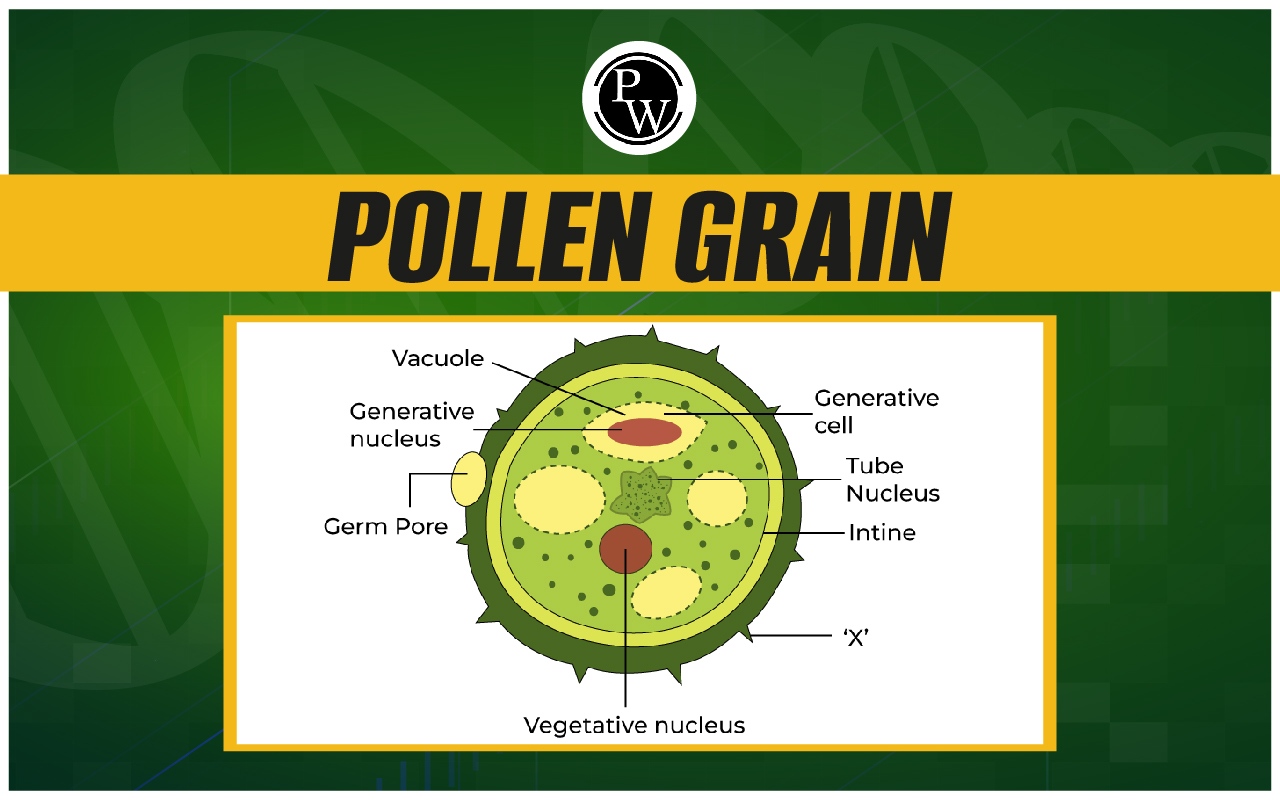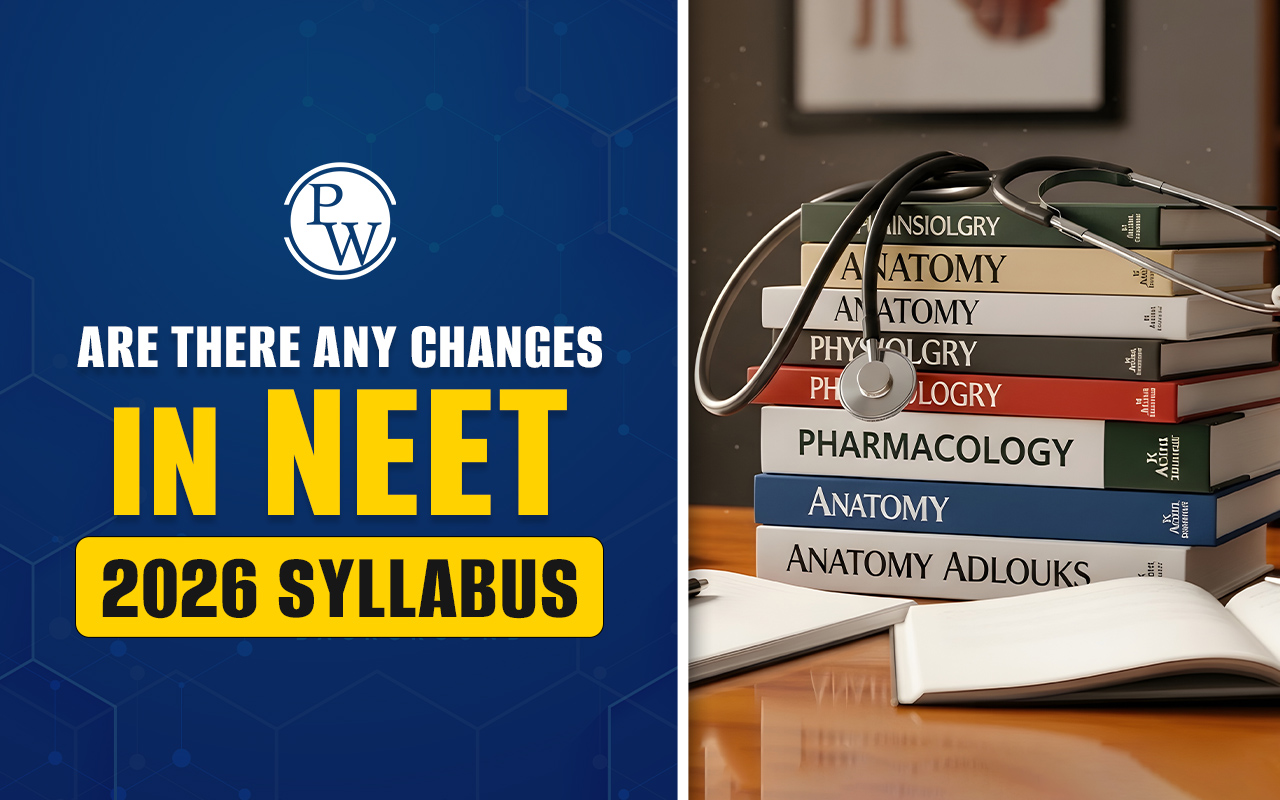
Difference Between AC and DC Generator: The distinction between AC (Alternating Current) and DC (Direct Current) generators lies at the heart of electrical engineering, serving as a fundamental concept in the generation and distribution of electrical power.
AC and DC generators, though sharing the common goal of converting mechanical energy into electrical energy, exhibit distinctive characteristics that define their applications and functionalities. In this blog post, we will discuss the difference between AC and DC generator. Embark on a journey to NEET success with the comprehensive study materials designed specifically for Class 12 students by PW. NEET Online Coaching is crafted to provide a thorough understanding of the subjects required for the NEET exam. It caters to medical aspirants, parents seeking a reliable guide for their NEET aspirants, educators looking for a comprehensive resource, and self-learners determined to excel in NEET.Difference Between AC and DC Generator Overview
Generators are devices that convert mechanical energy into electrical energy, playing a crucial role in providing power for various applications. AC and DC generators are two fundamental types, each with distinctive features. AC Generator produces an Alternating Current, where the flow of electric charge periodically reverses direction. It employs a rotating coil (armature) within a magnetic field to induce changing magnetic flux and generate an alternating voltage. DC generator generates Direct Current, characterized by a unidirectional flow of electric charge. It utilizes a commutator—a rotary switch—to convert the alternating voltage induced in the armature into direct current. Understanding these fundamental differences is essential for selecting the appropriate generator type based on the specific requirements of the intended application. Keep reading to learn more about the difference between AC and DC generator in detail.| NEET Physics Syllabus | NEET Physics Important Questions with Answers |
| NEET Physics Chapter wise Weightage | NEET Physics MCQs |
| NEET Physics Notes | NEET Physics Formulas |
What is AC Generator?
An Alternating Current (AC) generator is a device that converts mechanical energy into electrical energy, producing an output with alternating voltage. The key feature of an AC generator is its ability to generate electric currents that periodically change direction. This is achieved through the principles of electromagnetic induction.Main Components of an AC Generator
- Rotor (Armature): The rotor, often referred to as the armature, is a coil of wire that rotates within a magnetic field. This rotation induces a changing magnetic flux.
- Stator: The stator is a stationary set of coils or magnets surrounding the rotor. It creates a magnetic field through which the rotor rotates.
- Slip Rings: AC generators use slip rings instead of commutators found in DC generators. Slip rings allow continuous electrical contact with the rotating coil.
Advantages and Disadvantages of AC Generator
Here are advantages and disadvantages of AC generator:Advantages of AC Generator:
- Efficient Power Transmission: AC generators are well-suited for long-distance power transmission. Using transformers to step up or down voltage makes AC preferable for efficient transmission over power lines.
- Simple Construction: AC generators have a relatively simple design, making them cost-effective to manufacture and maintain.
- Widespread Use: AC is the predominant form of electrical power used globally. AC generators are employed in power plants, residential wiring, industrial machinery, and various electrical appliances.
Disadvantages of AC Generator:
- Complex Voltage Regulation: Achieving precise voltage regulation in AC generators can be more complicated than in DC generators. Additional equipment and control systems may be required.
- Higher Initial Cost for High Voltages: Generating very high voltages with AC generators may require specialized equipment, leading to higher initial costs.
- Conversion for DC Applications: Some electronic devices and applications require direct current (DC). Converting AC to DC involves additional components like rectifiers, introducing complexity.
- Sensitive to Frequency Changes: AC-powered equipment may be sensitive to variations in frequency. Deviations from the standard frequency can affect the performance of specific devices.
- Generation of Harmonics: AC generators can produce harmonics in the waveform, which may impact the performance of sensitive electronic equipment.
- Maintenance Challenges for High Voltages: Managing and maintaining high-voltage AC systems can pose challenges, requiring specialized skills and equipment.
What is DC Generator?
A DC (Direct Current) generator is an electrical device that converts mechanical energy into direct current electrical energy. It operates based on the principle of electromagnetic induction, discovered by Michael Faraday. The basic components of a DC generator include a coil of wire, known as an armature, placed within a magnetic field and a means of mechanical rotation to induce voltage. DC generators have been widely used in applications requiring a constant and stable DC voltage. However, with advancements in power electronics, AC (Alternating Current) generators and conversion technologies have become more prevalent. The use of rectifiers and inverters now allows for efficient conversion between AC and DC power, expanding the versatility of electrical systems.Advantages and Disadvantages of DC Generator
Here are advantages and disadvantages of DC generator:Advantages of DC Generator:
- Simple Voltage Regulation: DC generators typically offer simpler voltage regulation compared to AC generators, making them suitable for applications requiring precise and stable voltage output.
- Straightforward Control: DC generators are relatively easy to control, allowing for straightforward adjustments to the generated voltage.
- Compatibility with DC Loads: DC generators are well-suited for applications that require direct current (DC) power, as no conversion is needed.
- Smooth Operation of DC Motors: DC generators are commonly used to power DC motors, providing a smooth and controlled power source for motor operation.
- No Reactive Power Loss: There is no reactive power loss in DC systems, which can occur in AC systems due to inductive loads.
- Lower Maintenance Requirements: DC generators generally have lower maintenance requirements, especially regarding brushes and commutators.
Disadvantages of DC Generator:
- Limited Transmission Distance: Transmitting power over long distances with DC is less efficient than AC. DC power lines have higher energy losses over extended distances.
- Complexity in Voltage Transformation: Voltage transformation in DC systems is more complex than in AC systems, requiring motor-generator sets or electronic converters.
- Limited Availability of DC Appliances: Most electrical appliances and devices are designed for AC power. The limited availability of DC appliances may restrict the applications of DC generators.
- Brush and Commutator Wear: DC generators rely on brushes and commutators for current rectification. Wear and tear on brushes and commutators can lead to maintenance issues.
AC vs DC Generator - Difference Between AC and DC Generator
The table below shows the difference between AC and DC generator :| AC vs DC Generator - Difference Between AC and DC Generator | ||
|---|---|---|
| Feature | AC Generator | DC Generator |
| Type of Current Produced | Produces Alternating Current (AC) | Produces Direct Current (DC) |
| Commutation | Does not require commutation, as AC naturally alternates | Requires commutation to convert alternating current to DC |
| Design Complexity | Generally simpler in design | Can be more complex due to the need for a commutator |
| Maintenance | Requires less maintenance due to simpler design | May require more maintenance due to the commutator |
| Applications | Commonly used for power distribution systems | Historically used for specific applications like early power systems and some electrochemical processes |
| Power Transmission | More suitable for long-distance power transmission | Less efficient for long-distance power transmission |
| Voltage Regulation | More challenging to regulate voltage | Easier to regulate voltage |
| Efficiency | May be less efficient due to energy losses in transformers | Generally more efficient, especially for low voltage systems |
| Size and Weight | Typically larger and heavier | Can be more compact and lightweight |
Similarities Between AC and DC Generator
Here are some similarities between AC (Alternating Current) and DC (Direct Current) generators:- Both AC and DC generators operate based on the fundamental principle of electromagnetic induction. They utilize the phenomenon of generating an electromotive force (EMF) in a conductor when exposed to a changing magnetic field.
- AC and DC generators share common basic components such as a magnetic field, a conductor (usually in the form of a coil or loop), and a means of mechanical energy input to induce motion.
- In both types of generators, electricity is generated by rotating a coil within a magnetic field. The motion can be achieved through mechanical means like turbines, engines, or other rotational sources.
- AC and DC generators employ an armature—a coil of wire or a set of coils—as the part that rotates within the magnetic field, generating the electric current.
- The operation of both types is based on Faraday's law, stating that the induced electromotive force (EMF) in any closed circuit is equal to the rate of change of magnetic flux through the circuit.
- Both AC and DC generators can use transformers to convert generated voltage to higher or lower levels depending on the application and transmission requirements.
- The primary purpose of both generators is to convert mechanical energy into electrical energy, providing a power source for various applications.
- Both generators rely on the interaction between a magnetic field and a conductor to induce the flow of electrons and generate electricity.
- Both types have a rotor (rotating part) and a stator (stationary part). The rotor carries the armature, and the stator provides a magnetic field.
- AC and DC generators can operate at variable speeds, with the generated frequency directly related to the rotation speed.
Difference Between AC and DC Generator FAQs
What is the primary difference between AC and DC generators?
The main difference lies in the type of current they produce. AC generators generate alternating current, while DC generators produce direct current.
How does the output current vary in AC and DC generators?
In AC generators, the output current periodically changes direction, flowing in alternating cycles. In DC generators, the current flows consistently in one direction.
Can an AC generator produce DC, and vice versa?
While the inherent design of AC generators is for alternating current and DC generators for direct current, conversion mechanisms like rectifiers can convert AC to DC and vice versa.
In what applications are DC generators more suitable?
DC generators find applications in battery charging, electroplating, and certain electronic devices that require direct current.
What is the significance of the commutator in DC generators?
DC generators have a commutator, a rotary switch, which ensures the continuous flow of current in one direction by reversing the coil's polarity at the right moment.
Talk to a counsellorHave doubts? Our support team will be happy to assist you!

Check out these Related Articles
Free Learning Resources
PW Books
Notes (Class 10-12)
PW Study Materials
Notes (Class 6-9)
Ncert Solutions
Govt Exams
Class 6th to 12th Online Courses
Govt Job Exams Courses
UPSC Coaching
Defence Exam Coaching
Gate Exam Coaching
Other Exams
Know about Physics Wallah
Physics Wallah is an Indian edtech platform that provides accessible & comprehensive learning experiences to students from Class 6th to postgraduate level. We also provide extensive NCERT solutions, sample paper, NEET, JEE Mains, BITSAT previous year papers & more such resources to students. Physics Wallah also caters to over 3.5 million registered students and over 78 lakh+ Youtube subscribers with 4.8 rating on its app.
We Stand Out because
We provide students with intensive courses with India’s qualified & experienced faculties & mentors. PW strives to make the learning experience comprehensive and accessible for students of all sections of society. We believe in empowering every single student who couldn't dream of a good career in engineering and medical field earlier.
Our Key Focus Areas
Physics Wallah's main focus is to make the learning experience as economical as possible for all students. With our affordable courses like Lakshya, Udaan and Arjuna and many others, we have been able to provide a platform for lakhs of aspirants. From providing Chemistry, Maths, Physics formula to giving e-books of eminent authors like RD Sharma, RS Aggarwal and Lakhmir Singh, PW focuses on every single student's need for preparation.
What Makes Us Different
Physics Wallah strives to develop a comprehensive pedagogical structure for students, where they get a state-of-the-art learning experience with study material and resources. Apart from catering students preparing for JEE Mains and NEET, PW also provides study material for each state board like Uttar Pradesh, Bihar, and others
Copyright © 2025 Physicswallah Limited All rights reserved.
Get App









